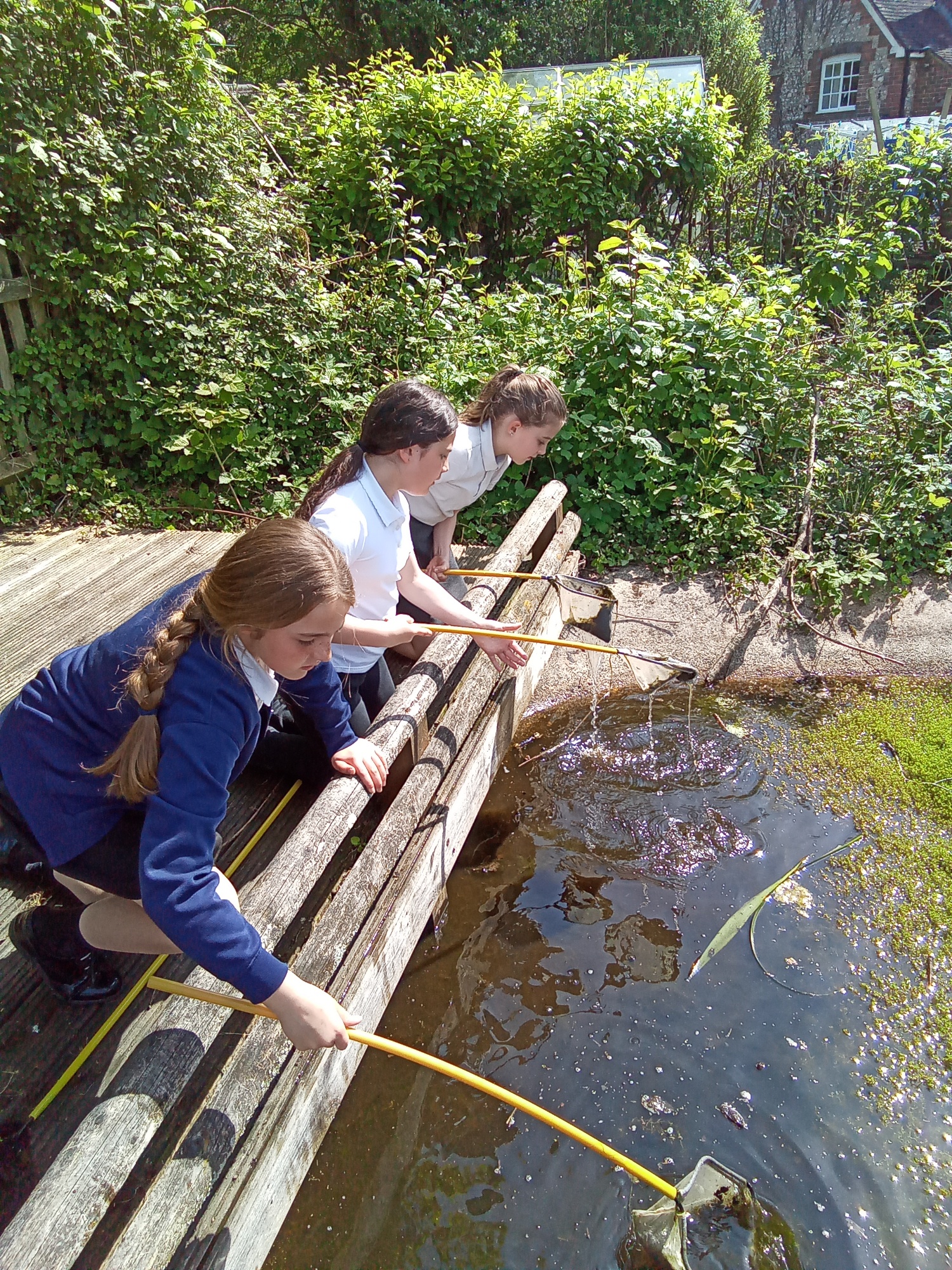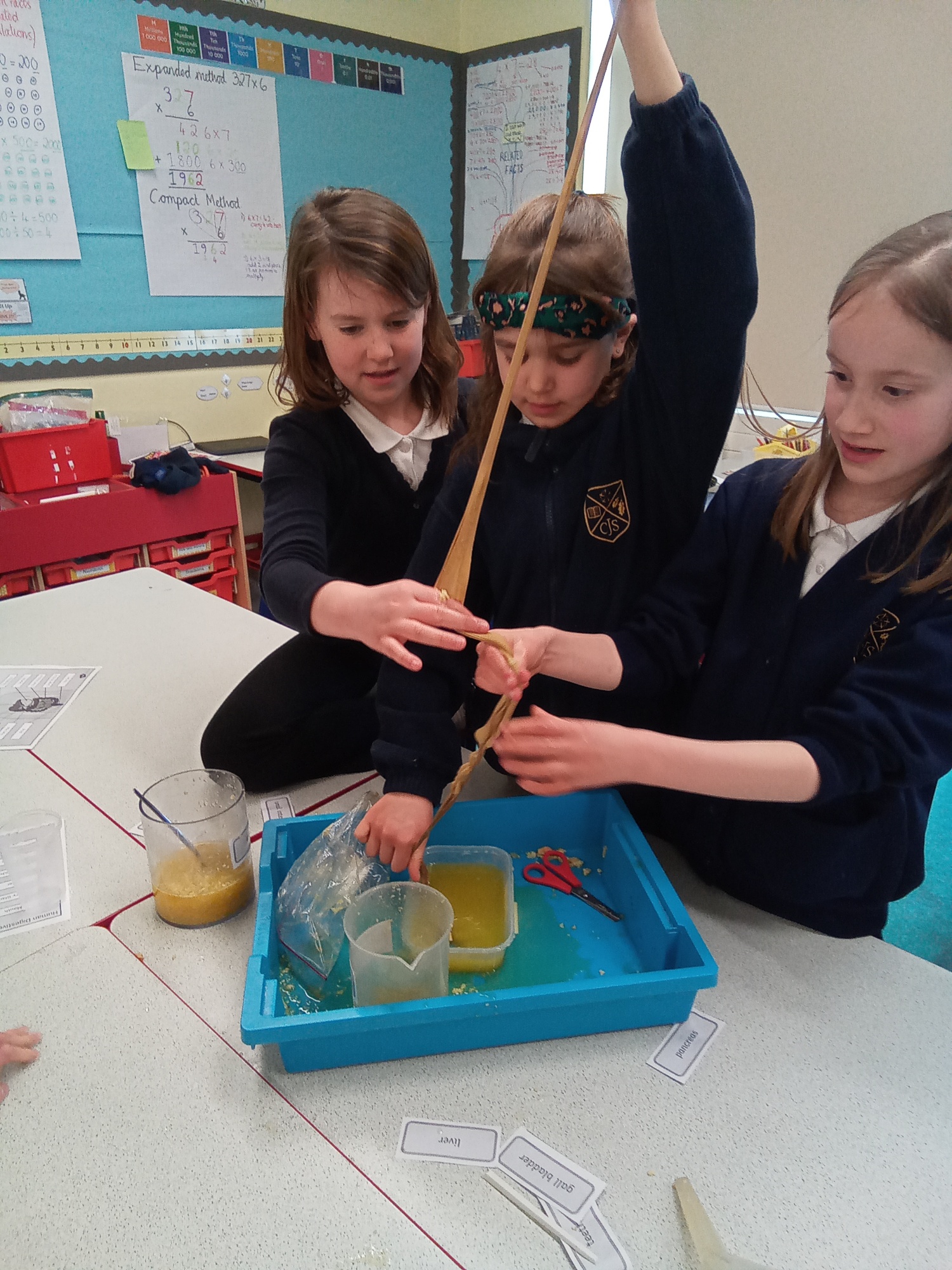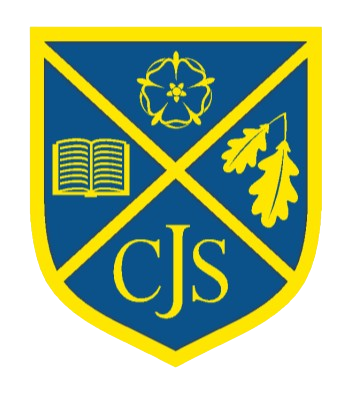Science

Intent:
At Clanfield Junior School, it is our goal that the National Curriculum objectives are met in a meaningful and relevant way, which ignites curiosity and encourages children to explore the unknown with active minds and a desire to gain understanding. We aim to create ‘Clanfield Scientists’ who are equipped with the knowledge and skills required to understand key scientific concepts, generate ideas, plan and carry out fair tests to explore their ideas and effectively analyse their evidence to draw conclusions. Children should end each Science unit knowing more and remembering more as well as asking and answering their own questions about the topics covered. This knowledge is then applied to make predictions and hypotheses in scientific investigations, which once again allows the knowledge to become embedded.
Implementation:
Science is taught weekly throughout the year, this allows for ideas to be revisited and for children to build upon their prior knowledge and thus embed this knowledge into the long-term memory. The embedding of knowledge is also supported through the use of practical activities/investigations to prove scientific ideas and see practical examples of concepts where appropriate. The use of investigations to prove scientific concepts also allows for the evaluation of Working Scientifically skills and conclusions drawn – can the children explain why their results do not ‘fit’ the science?
Investigations are also used to explore new ideas and create curiosity where children make predictions based on existing knowledge and then, through research and discussion, uncover scientific concepts and ideas which explain their findings.
Knowledge-based lessons are taught with a focus on enquiry. As much as possible, children ‘find out’ information for themselves rather than being told all the answers. This may be through research, practical activities or through teachers giving them ‘just enough’ information to allow them to raise questions and find answers for themselves.
Working scientifically skills are developed through the use of the Hampshire Planning Mind-map scaffold which supports both the children’s thinking when planning investigations and the teachers assessment of these skills as well as giving the children freedom to explore ideas, make errors and explore the impact these have on results.
Impact:
As a result of the above teaching and learning, children demonstrate an enthusiasm for Science and a thirst for knowledge. This can be seen within lessons and through pupil conferencing, during which children describe an enjoyment of Science lessons.
The repetition and reinforcement of ideas through practical activities results in children knowing more and remembering more. This is demonstrated in end of unit assessments where attainment is at or above the national average for most classes and units of work. Where this is not evident, support is put in place to identify areas for improvement and to implement positive change.
Teachers are also required to assess the children’s ability in Working Scientifically using their planning mind maps, predictions and conclusions to inform this. This assessment is carried out termly and where progress or attainment of these skills is a concern, the Science lead supports staff with planning and, if necessary, delivery through team-teaching.

